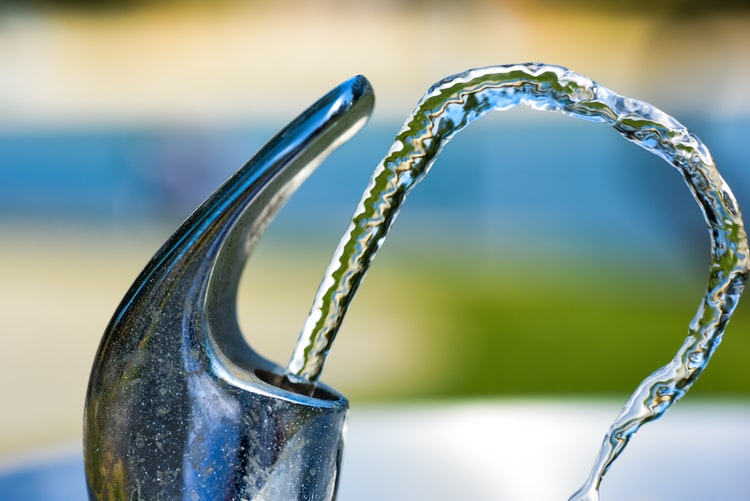Are Public Drinking Fountains Key To Reducing Plastic Waste?
We all need access to clean drinking water to survive. Western civilizations and the consumer era means that nowadays, rather than walking to a well, or a stream to collect water, we buy bottled water from a supermarket. Millions of plastic water bottles a year are manufactured and very quickly head straight to landfill. The problem with single use plastic is that it is not easily degradable and so fills our landfills and clogs waterways as aquatic trash, thus creating a huge burden of waste on our planet.

As we all shift to a greener and more sustainable lifestyle, there is a strong need to seek plastic-free, reusable alternatives. Public drinking fountains, which up until recently faded into history, have proved to be a breakthrough to reduce plastic pollution giving public access to drinking water in numerous locations such as public spaces, beaches and community centres.
Here are some key steps we can take to removing single use plastic water bottles from our daily lives.

Promote positive and achievable alternatives
Plastic water bottles are purchased purely as a matter of convenience. If tap water refills or water fountains were easily and freely available, carrying a reusable water bottle would become the norm. Government and local authorities should prioritize buying the best public drinking water fountains to increase the availability of free water within local communities. This will reduce the purchase of expensive single-use plastic bottles and people will refill and reuse water containers instead. Saving money and the planet at the same time. Replacing plastic water bottles with free tap water stations reduces city waste collection as well as related waste collection and management costs.
Reset your habits and demand plastic free
Most people drink bottled water as a matter of convenience. However, they don’t realize the inconveniences associated with the purchase of bottled water, as they are expensive and increase the environmental burden on the globe. The consumption of fresh, readily available and sustainable water is much better and cheaper than the use of bottled water. Disposable single-use water bottles also contain toxins if re-used. Taps and drinking fountains at public places can only be a positive thing.
Increase public awareness about the use of drinking water fountains
It is vital to raise public awareness about the importance and the eco-friendly benefits of drinking fountains. Green minded authorities, who have front line contact with citizens, should take initiatives to encourage using public water fountains. It is only with a mass shift in positive change that the significance of fresh drinking water coming from taps and stored in reusable water bottles will be realised.
Installation of water fountains in suitable locations
It’s advisable to install public drinking fountains at key locations which are not only easily accessible, but also adequately publicized and advertised to increase awareness that they are available. One of the main reasons that people don’t use water fountains is people don’t know where the best fountains are and so they opt to buy plastic bottle instead. It is essential that the fountains must be physically and geographically located at convenient positions so that people can easily find them and maintained for cleanliness and hygiene.
Refill not landfill
Releasing funds to install large water fountains in key community areas will help local residents and visitors in so many ways, whilst demonstrating they local community to be a green one which cares for the environment. The consumption of single-use plastic bottles is a major contributor to burgeoning landfills which are a critical strain and burden on the environment. The simplest solution to this problem is to increase the availability of water fountains in public areas and to take care of their maintenance, sending a positive message to the community. These easily accessible water refill stations will go a long way to reduce the dependence on throw-away plastic water bottles.
